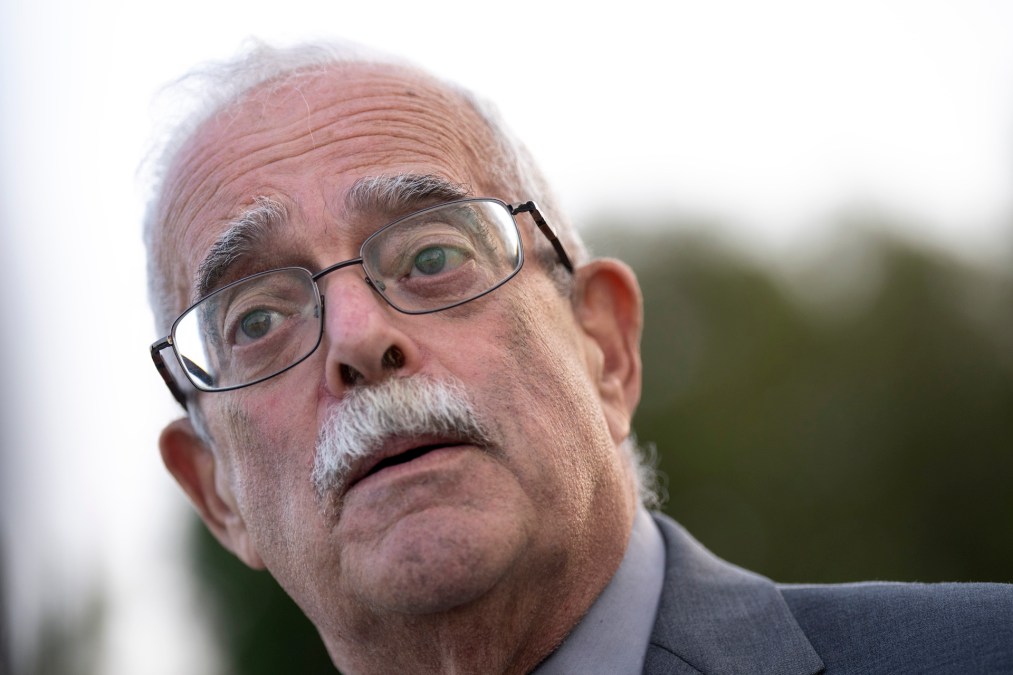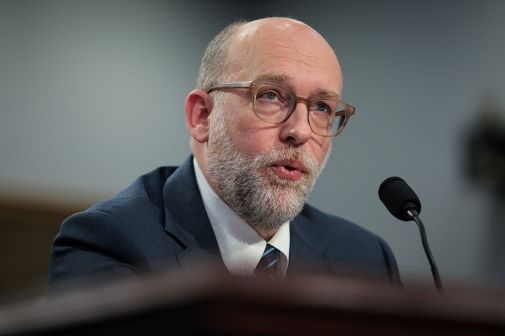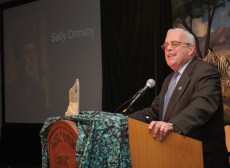Rep. Connolly calls for legislative architecture, more funding for the Technology Modernization Fund

As the House attempts to zero out the Technology Modernization Fund, a Virginia lawmaker maintains that the Biden administration’s request for $6 billion is appropriate and that not making these investments is “dangerous.”
Rep. Gerry Connolly, D-Va., said in an exclusive interview with FedScoop that both current TMF funding levels and a zeroed-out scenario are “not adequate” enough to modernize government legacy systems. Establishing legislative architecture technology investments could be a way for Congress to segue into a discussion and debate about the amount of funding for the TMF, Connolly said.
But the primary focus should be about the need for investing in the modernization of technology now to avoid larger costs down the road, and address the vulnerabilities of government legacy IT services, he noted.
“We’re really going to set the world on fire in terms of our cutting-edge technology investment,” Connolly said. “So at some point, we have to get serious. At least we have preserved the architecture for transformation, but unless it comes with meaningful funding, it’s not going to happen.”
Last month, the Office of Management and Budget released an administrative policy statement opposing the passage of House Republicans’ Financial Services and General Government Appropriations Act 2024, which does not include funding for the TMF.
The statement cited over 200 proposals from government agencies to the TMF board, totaling over $3.7 billion in requested funds. OMB requested Congress to provide, in full, $200 million for fiscal year 2024 to support the quick transition from government legacy systems and the adoption of secure, commercial technology.
Connolly said he “knows” the $200 million that OMB has requested from Congress is not enough, and would even fall short as a reward to just one department.
“Even if we gave all $200 million to one agency, that alone wouldn’t be enough,” Connolly said. “It might catalyze them to make investments on top of that — but not necessarily — and no one agency is going to get the whole $200 million, assuming we appropriate [it].”
President Joe Biden’s original TMF request was roughly $9 billion but negotiated down to the $5 billion to $6 billion range, which Connolly said “got it right.”
“Congress, for some reason, has been very stingy about this,” Connolly said. “On the House side, for example, a couple of years ago, they actually zeroed out this account. We had a fight, and they gave us a messy $25 million a year, even in the reauthorization bill. … The most I could get the Republicans to agree to have an annual authorization was $50 million. Divide that by 24 federal agencies to get a little over $2 million an agency. Are you kidding me?”
In light of recent calls to action for federal entities to protect national security from cyber attacks and bad actors, Connolly asked how the government might protect research and development findings and emerging tech implementation for the public, alongside defense secrets and the nation’s assets.
“It’s in our self-interest to make this investment, and this investment will have returns on it across the board in terms of productivity, in terms of breakthrough research, in terms of new capabilities and capacity and in terms of cyber protection,” Connolly said. “All those are important goals for the American” people.






